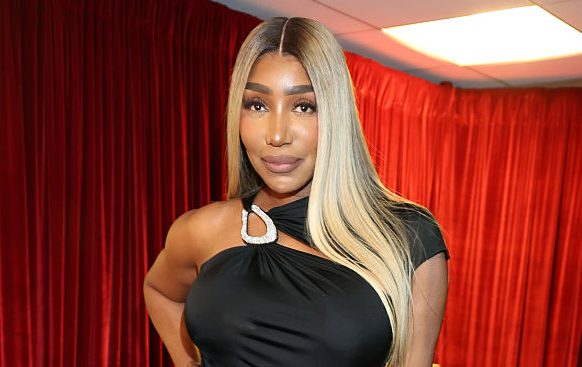When Kamala Harris takes the podium tonight at the Democratic National Convention in Chicago, she will be carrying the legacy of generations of women of color who came before her. Our party’s faith in her and her rise to stardom indicate that a new political center of gravity is calibrating itself within the Democratic Party — one where women of color are seen, heard, and indeed leading a multiracial democracy.
I’ll be in my seat at the DNC convention, knowing that the equation that has led to Kamala Harris’ ascendancy as the party’s first woman of color nominee was formulated by decades of trailblazers. These godmothers of our movement dared the nation to dream of a politics we have not yet seen—fighting to be included, seeking to represent us at the highest levels, and now supporting a host of policies that could transform America for the better.
In 1969, Shirley Chisholm became the first Black woman elected to Congress and, in no short order, the first woman and African American to run for a major party’s nomination for President of the United States. Despite being shut out from televised primary debates and relentlessly bogged down by a difficult and underfunded campaign, marginalized groups rallied behind the “Chisholm Trail.” Her innovative approach to politics, with a base and brand backed by women, culminated in Chisholm receiving 10 percent of the total delegates.
Fast-forward to 1988, when Jesse Jackson’s second presidential bid formed a rainbow coalition that gave us a glimpse of multiracial politics and democracy on the national stage and set the stage for Barack Obama’s election.
And there are so many more moral exemplars who have never let us forget that our aim is an inclusive multiracial democracy tied to a vision of America where everyone lives in dignity. For that, we stand on the shoulders of freedom fighter Harriet Tubman, truth-teller Ida B. Wells, civil rights organizer Ella Baker, philosopher Grace Lee Boggs, peace activist Yuri Kochiyama, political activist Zitkala-Sa, labor leader Luisa Moreno and, community leader Chief Wilma Mankiller, to name a few.
In other words, we didn’t just fall out of a coconut tree! Kamala Harris happened because history happened. And now, through policies and platforms, she is continuing what women of color started decades ago. Kamala Harris is continuing what Hattie Canty, who fought for racial justice within the hospitality industry and union so workers could receive living wages, started through her commitment to fighting to raise the minimum wage. As Vice President, Harris has also focused on closing gender and racial wage gaps and boosting women’s economic security – carrying out the work of Secretary of the NAACP branch in Seattle, Alice Sampson Presto, whose progressive feminist platform advocated for equal pay.
When women of color engage with political and legal systems, they pave the way for future advocates. Make no mistake that Kamala Harris and scores of other women stepped forward on the groundwork laid by these women.
And now, we have seen more enthusiasm surrounding the Harris-Walz ticket than ever before – because more Americans than ever before can see themselves reflected in the candidates at the top of the ticket. For too long, the votes of women and men of color have been expected by Democrats, not earned or–least of all—represented. For the first time, the Democratic party is recognizing that taking up the mantle long-carried by voting blocs of Black and brown women—racial justice, economic equality, reproductive freedoms—can spark an enthusiasm that is starting to feel like something unrivaled in power.
While the Harris campaign raised $200 million and activated 170,000 volunteers and is leading polls nationally and in battleground states, Republicans have been losing at the zero-sum game of diminishing Harris’ identity. They are finding out that Harris’ appeal is too broad and too rooted in the values that have united generations of Americans.
Simply put, the desire for a candidate like Harris has been building up for years. Thanks to this momentum, she has an opportunity to make good on the decades-long aspirations of multiracial coalitions that can help win elections. She is not only a champion for women of color but is one of us—showing us the sweet truth of the promise that we can be both and have multiple identities. The meaning isn’t lost on people like me who grew up in a multiracial family in the 1980s.
Now, the largest and most diverse coalition in American history is looking to her as the long-awaited dream of a united, multiracial coalition. This group – which has been the backbone of our party and has been waiting in the wings – finally sees hope for our dream.
We can and will deliver for all Americans. And we finally feel like we can see a future of who we are as Americans, defined by the identities that make us stronger. A vision recognized, seeded, experienced and envisioned for decades.
Aimee Allison is the founder and president of She the People, a national organization that elevates the voice and power of women of color as leaders of a new political and cultural era.







